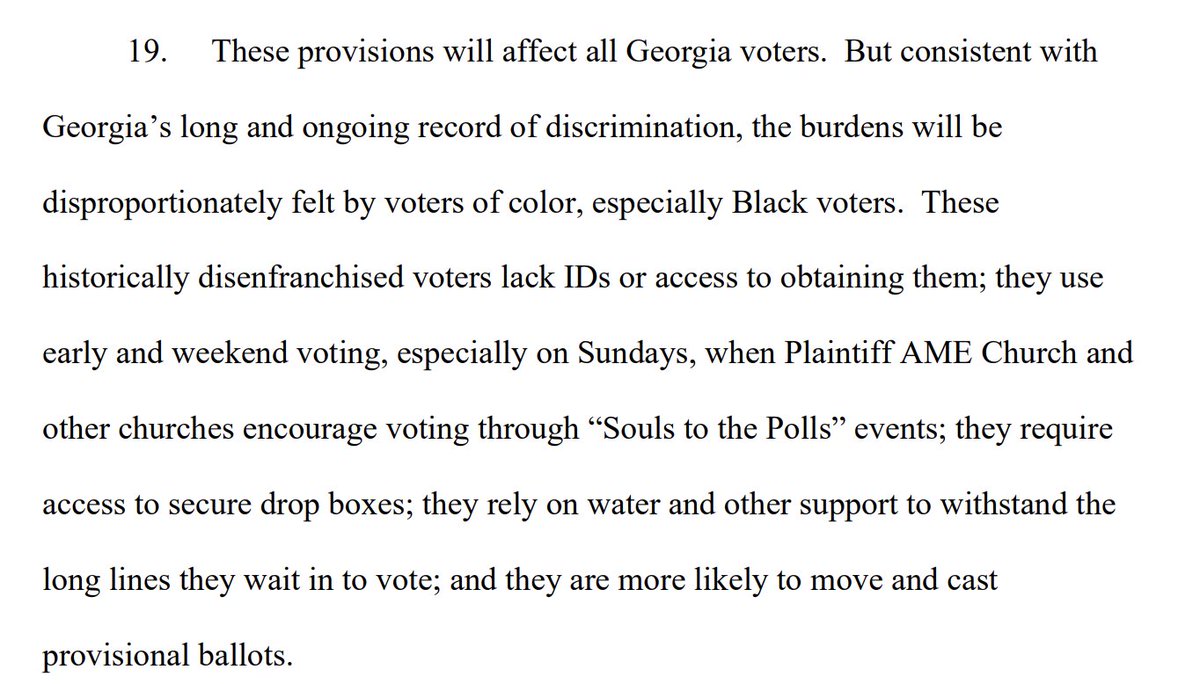
Five quick takeaways from Justice Breyer's lecture, "The Authority of the Court and the Peril of Politics", delivered yesterday at Harvard Law School.
1. SCOTUS expansion, he says, would damage the Court's legitimacy by heightening the sense that it is a political football.
A sign Breyer may announce soon that he's stepping down. He doesn't want to appear to be timing his retirement for political purposes & this deflects that.
A sign Breyer may announce soon that he's stepping down. He doesn't want to appear to be timing his retirement for political purposes & this deflects that.
2. Among the reasons Breyer cites for why the Court isn't "conservative"? The fact that it "did uphold the constitutionality of Obamacare."
A sign that the pending constitutional challenge to the ACA in California v. Texas is about to fail, too.
A sign that the pending constitutional challenge to the ACA in California v. Texas is about to fail, too.
3. Speaking of Whole Woman's Health & June Medical, Breyer says "I have written in highly controversial abortion decisions, decided 5-4, where I believed compromise was not desirable."
Yet the balancing test anchoring these rulings is itself a compromise.
Yet the balancing test anchoring these rulings is itself a compromise.
4. In reference to the twin Ten Commandments rulings in 2005, Breyer says "it is far from obvious" how to adjudicate disputes over religious monuments.
Sounds like a bit of legacy-burnishing in advance of retirement: he had reason to split the difference in the TX & KY cases.
Sounds like a bit of legacy-burnishing in advance of retirement: he had reason to split the difference in the TX & KY cases.
5. The closing lines: "I'm an optimist...I hope and expect that the Court will retain its authority, an authority that my stories have shown is hard-won."
That sounds like a valedictory.
That sounds like a valedictory.
• • •
Missing some Tweet in this thread? You can try to
force a refresh






